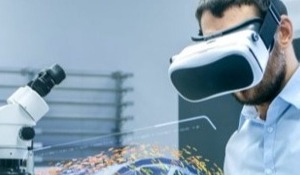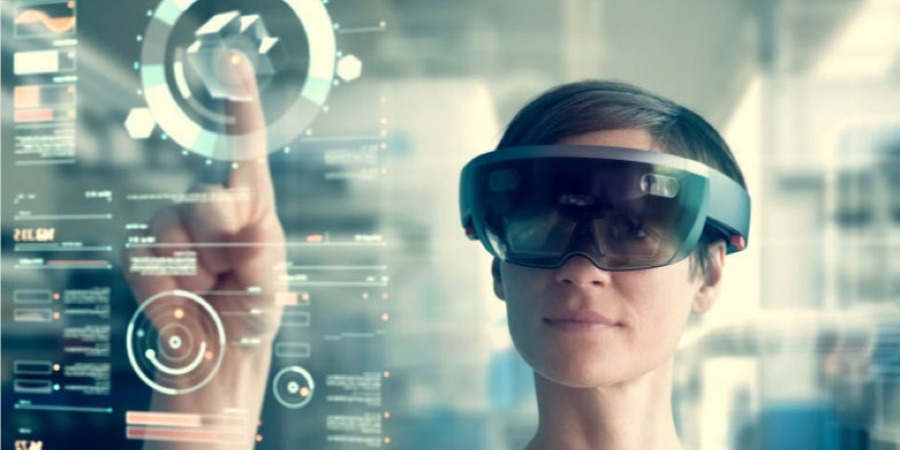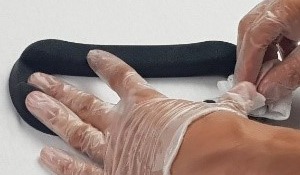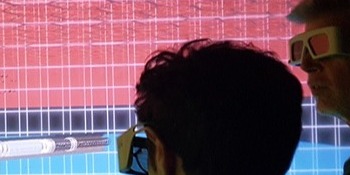
3 Benefits of a VR Software for Industrial Design
|
 October 1, 2024
October 1, 2024
Virtual reality (VR) has come a long way since it was invented by Ivan Sutherland in the late '60s. This industry, which has a market size of over $15 billion, has now expanded beyond consumer use to make waves in everything from research and education to manufacturing and even aerospace applications. In particular, it's transforming manufacturing by streamlining the industrial design process.





 Read More
Read More

-1-1-1.jpeg)






